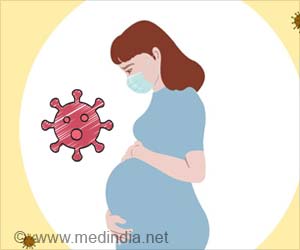As Omicron spreads across the world including in India, a new study shows that the novel coronavirus can remain in the human body for up to 230 days from a patient reports the first symptoms of infection.

‘Delayed viral clearance could be a potential contributor to the persistent symptoms wracking so-called long COVID-19 sufferers.’
Read More..




To understand the prevalence of the virus in the body, especially the brain, a team of scientists led by Daniel Chertow of the National Institutes of Health performed autopsies on 44 patients who died due to COVID-19. The team mapped the distribution of the virus within the body.Read More..
The highest burden of the virus was detected in the respiratory tract of early cases, followed by cardiovascular tissue, lymphoid tissue, gastrointestinal tissue, renal and endocrine tissue, reproductive tissue, muscle, skin, adipose, and peripheral nervous tissue, and brain tissue.
The study comes on a day when India’s Omicron tally reached 578, with 151 people recovering from the highly transmissible novel coronavirus variant.
The Centre on Monday issued a fresh advisory to all states and UTs to deal with the pandemic situation. In the advisory, Union Home Secretary Ajay Bhalla said states and Union Territories might consider imposing need-based local curbs and restrictions to control the crowd during the festive season.
Delhi has the highest number of Omicron cases at 142 confirmed infections.
Advertisement
President Emmanuel Macron’s government is holding emergency meetings Monday to discuss the next steps in tackling the virus. Some scientists and educators have urged delaying the post-holiday return to school or suggested re-imposing a curfew.
Advertisement
The fatal case was identified as a man in his 80s who was infected at an aged care facility in western Sydney. He was fully vaccinated but had underlying health conditions.
Source-Medindia












